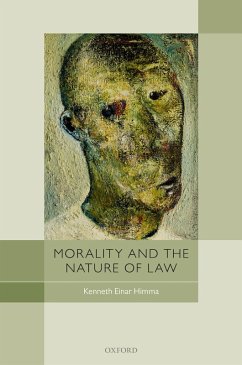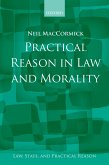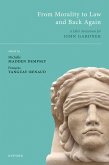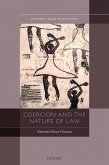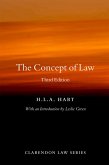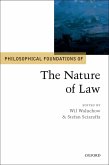Morality and the Nature of Law explores the conceptual relationship between morality and the criteria that determine what counts as law in a given societythe criteria of legal validity. Is it necessary condition for a legal system to include moral criteria of legal validity? Is it even possible for a legal system to have moral criteria of legal validity? The book considers the views of natural law theorists ranging from Blackstone to Dworkin and rejects them, arguing that it is not conceptually necessary that the criteria of legal validity include moral norms. Further, it rejects the exclusive positivist view, arguing instead that it is conceptually possible for the criteria of validity to include moral norms. In the process of considering such questions, this book considers Raz's views concerning the nature of authority and Shapiro's views about the guidance function of law, which have been thought to repudiate the conceptual possibility of moral criteria of legal validity. The book, then, articulates a thought experiment that shows that it is possible for a legal system to have such criteria and concludes with a chapter that argues that any legal system, like that of the United States, which affords final authority over the content of the law to judges who are fallible with respect to the requirements of morality is a legal system with purely source-based criteria of validity.
Dieser Download kann aus rechtlichen Gründen nur mit Rechnungsadresse in A, B, BG, CY, CZ, D, DK, EW, E, FIN, F, GR, HR, H, IRL, I, LT, L, LR, M, NL, PL, P, R, S, SLO, SK ausgeliefert werden.

